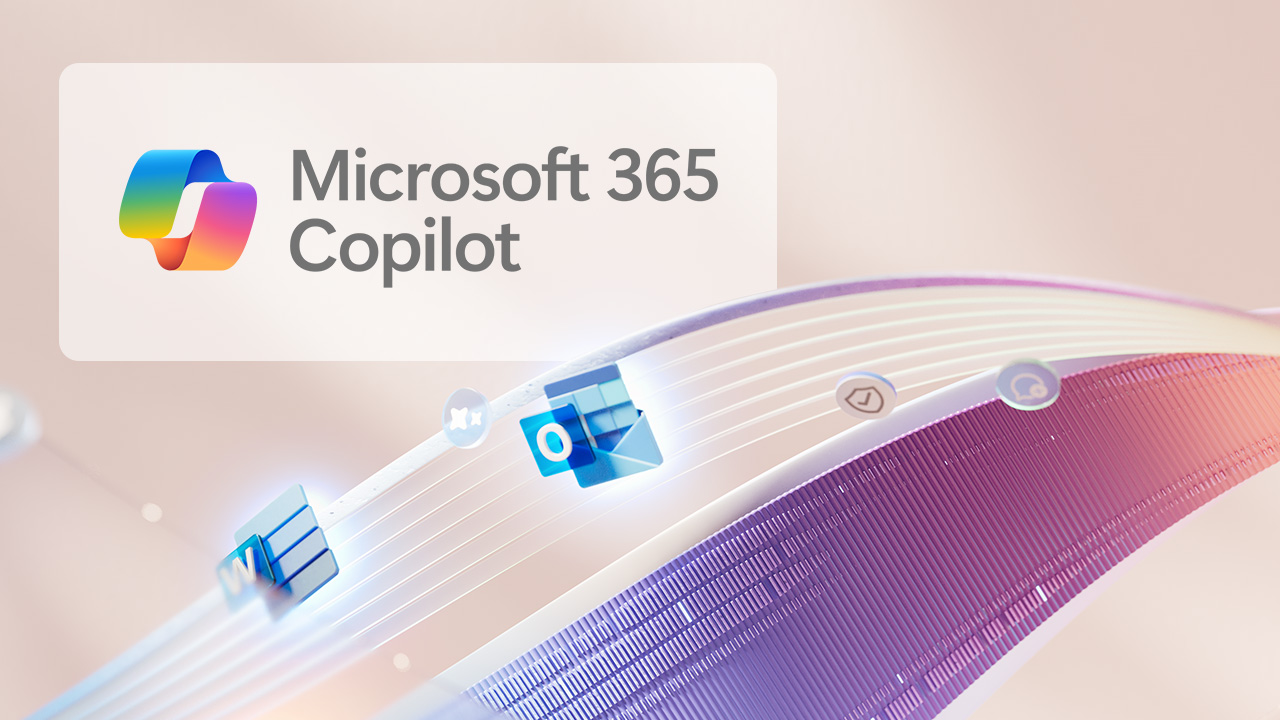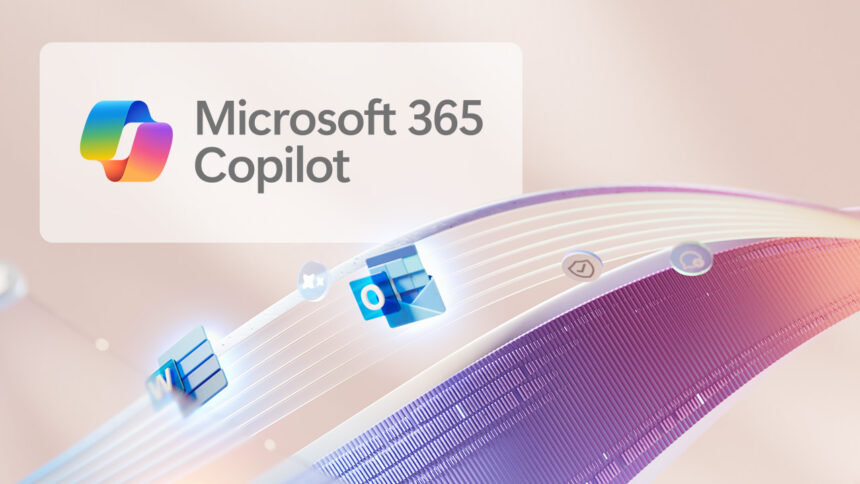
Microsoft has introduced multi-step reasoning AI capabilities for its Microsoft Copilot, expanding existing features to perform complex research and data analysis.
Microsoft launched Researcher and Analyst to offer advanced reasoning, which it claims are the first of their kind. Researcher hones in on multi-step research tasks. It uses OpenAI’s deep research AI model and accesses third-party data through connections to platforms like Salesforce or ServiceNow.
Analyst, building on OpenAI’s o3-mini reasoning model, features chain-of-thought reasoning. This capability transforms raw data into spreadsheets, executes Python code that users can monitor, and operates at a skilled data scientist level. It compiles detailed reports.
Business customers can expect these tools to start rolling out in April for Microsoft 365 Copilot license holders. April will also mark the early access program launch. Initially rolling out now are new autonomous agent capabilities in the Copilot Studio.
Microsoft now lets Copilot use your phone from PC
New agent flows in Copilot are designed to automate workflows with AI-powered actions. The LinkedIn announcement notes examples like directing feedback emails to the correct team, although the effectiveness of these features remains to be seen. Microsoft touts its “low code” experience, aiming to deliver promises made by AI companies about autonomous agents.
Microsoft’s move to integrate advanced reasoning AI tools like Researcher and Analyst in Copilot is less a new trick and more a comprehensive toolkit for data-hardlined tasks. Companies will be able to offload complex data analysis and research work onto the AI, allowing employees to focus more on high-level strategic planning.
While integration with services like Salesforce and ServiceNow is savvy, it underscores how crucial data interoperability is for these tools. However, the real measure of success for tools like Researcher and Analysis will deeply depend on how faithfully they adapt to the ever shifting corporate norms and workflows. Microsoft’s focus on low-code, and its effort to make agents work independently is all here. But what really amuses us is the fact that Microsoft is framing Copilot’s update as an AI superpower when it’s really just a robotic intern answering “what if” questions.
Customer access starting next month includes pilot programs for fine-tuning these tools in real-world scenarios, and that’s honestly where the rubber will meet the road. At this moment, the Copilot Agent flows seem promising if a bit generic, like using AI to route emails. Yet for companies looking to step up, Microsoft is presenting a tool priced like a premium drink but still branded as likely — underpriced. As always the success is in the execution, and execution doesn’t have the same appeal.







